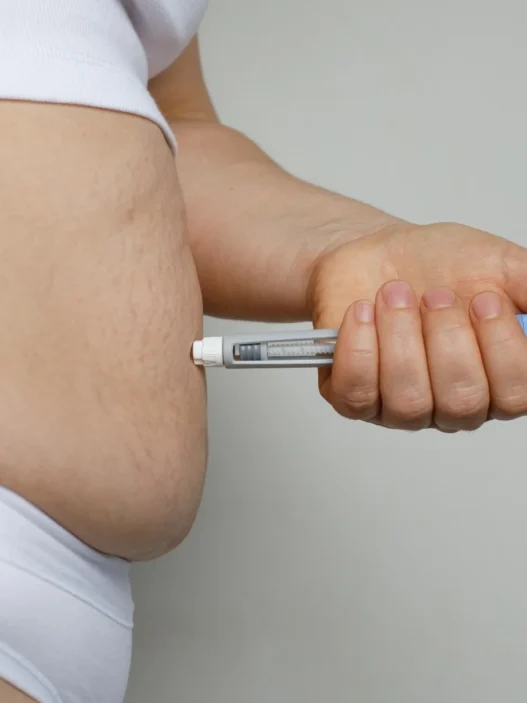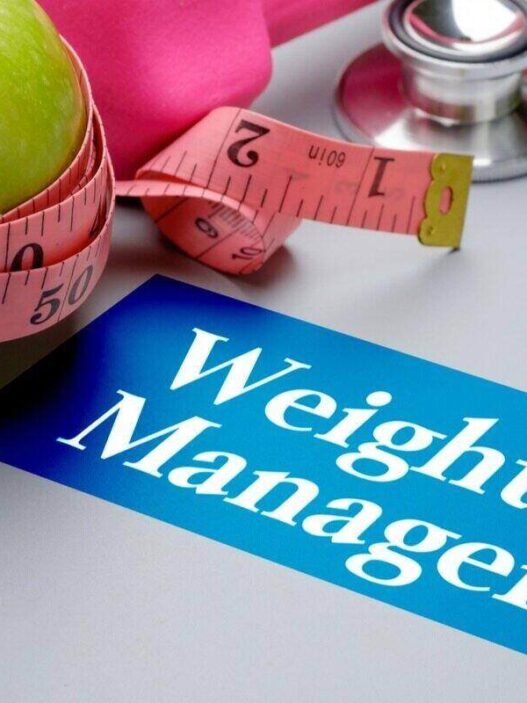Admit it, it is hard to lose weight and maintain it. You are not alone if you have ever felt that you are in an uphill battle with your own hunger-motivated hormones and metabolism.
The solution has been easy and simple over the years; eat less, move more. What if your body is failing you? Prescription weight loss pills come in at that. They are making a lot of buzz, celebrity gossip, stories of success in your town. But what’s the real story?
Before considering these medications, let’s sit up and have a simple discussion on what these medications are, who they are assisting, and what you really need to know before using them.

What Are They, Exactly?
We are not talking about the sketchy supplements you see on the Internet first. Prescription weight loss pills (and injections) are drugs which have undergone extensive testing, and which have been approved by the FDA. They are serious medicine, and intended to accomplish a purpose.
Imagine it in the following way: your body is endowed with the complicated system of hormones that regulate hunger levels and satiety. To some individuals, this system is off a bit and thus making one feel hungry either all the time or never having enough. These medicines intervene to assist in rebalancing that.
How Do they even work?
You may recall old fashioned diet pills which were little more than speed. The new younger generation is much more advanced.
GLP-1 receptor agonists are by far the largest players currently, and the brand names you have likely heard are Wegovy, Ozempic, and Zepbound. The basic breakdown here is as follows: They imitate a hormone that is produced by your body when you eat. This hormone performs a couple of superb things:
· It sends your brain the signal, Hey, I’m stuffed. You can quit thinking about food.
· It makes food take longer to exit your stomach, thus that fullness lingers longer.
· It assists in the management of your blood sugar level.
The result? You become not so hungry, you feel like eating less frequently, and you can be satisfied with less food. It does not disarm your will-power it only provides it with a long-overdue fighting-chance.
The Good Stuff: It’s More Than a Number on the Scale.
The rewards can be truly life changing on the appropriate individual. And we are not merely speaking of getting into old jeans (that is a terrific bonus!). It is the health you win in the end.
Even the loss of 5-10 percent of your body weight can impressively change the situation. We’re talking improved blood sugar (a major victory over type 2 diabetes), reduced blood pressure, improved cholesterol, decreased joint strain and decreased heart disease risk.
The psychological and emotional relief a person feels, knowing that they had control over something finally, is equally strong to many.
Let Me Speak to the Unfun Side.
Okay, now for the real talk. Not all people can walk in these meds. A major portion of the discussion involves the possible side effects.
The general side effects are predominantly gastrointestinal and they include:
· Nausea
· Vomiting
· Diarrhea
· Constipation
· Stomach pain
It is common when you first begin the medicine or take a larger dosing and they can dissipate with time. But they are sometimes quite nasty. The more severe, but less common risk factors such as pancreatitis or gallbladder problems also exist, and that is why the care of a doctor is not a matter of debate.
Then there’s the cost. There is no need to beat around the bush about it: these medications cost a lot, sometimes more than a thousand dollars per month. The coverage of insurance is a patchwork; some insurance covers it, many do not, and approval is a struggle.
The Hypest Myth to debunk: The Forever Pill.
Perhaps the most valuable thing of all is this: These medications are not a quick-fix. They’re meant for chronic use. Consider them as a blood pressure medication–when you quit taking it, the condition will go back.
To most individuals, a cessation of taking the medication is accompanied by the roaring hunger signals and the weight is usually accompanied. That is not a failure, it is biology. It demonstrates that these medications are an aid in coping with a chronic ailment, not therapy.

The Bottom Line: Do They fit You?
So, where does this leave us? A potent and revolutionary solution, prescription weight loss pills do not suit everyone.
They are specially created to suit individuals with:
· BMI 30 or greater (clinically obese), or
. BMI of 27 and above with a weighting related health complication such as high blood pressure or type 2 diabetes.
Most people who have achieved success employ the drug as a larger package. This decreased appetite leaves you the room to cultivate healthier habits – to eat healthy and nutritious foods, to begin to exercise your body in a manner that you like, and to practice the psychological aspect of eating. The pill takes care of the heavy hormonal work but you are left to work on creating a sustainable lifestyle.
Conclusion
Being inquisitive, the most important and the initial step would be the honest chat with your physician about the prescription weight loss pills.
They will be able to guide you on the merits and the demits depending on your own health history. It is an individual process and has no universal solution. But this time around, new and better alternatives are on the table and that is something worth discussing.

















